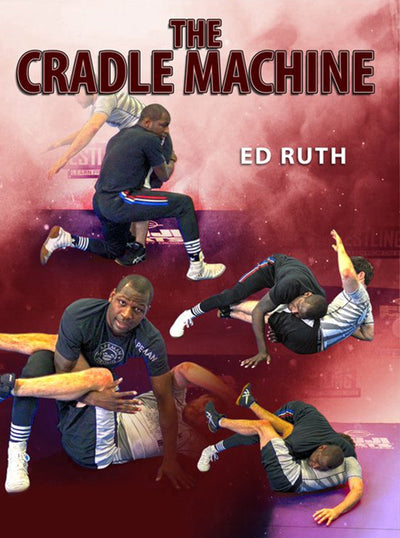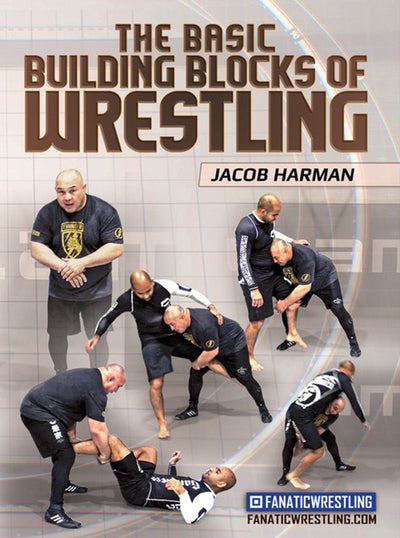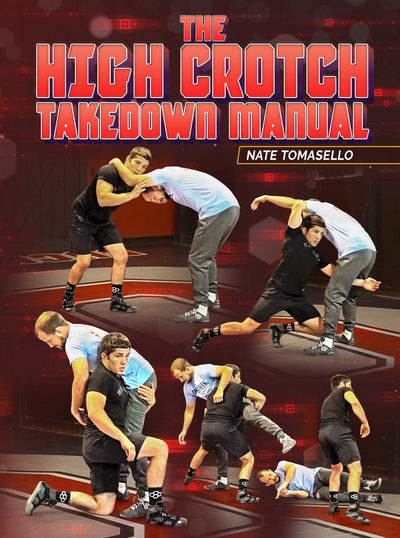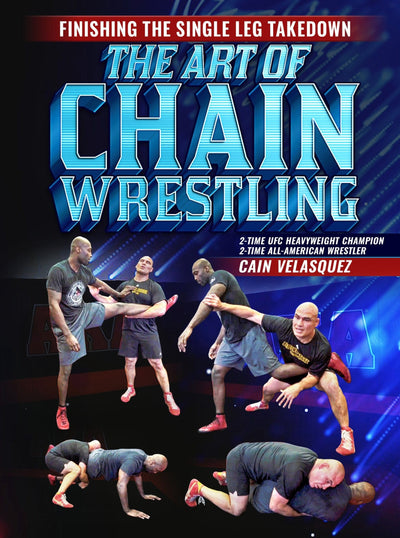Decoding "Over" in Wrestling
In the vibrant world of professional wrestling, the term "over" holds a pivotal place, serving as a barometer of a wrestler's connection with the audience and their level of popularity. Understanding the multifaceted nature of being "over" involves delving into its implications, nuances, and the ways it influences the dynamics of wrestling storytelling.
Wrestling, a sport steeped in history and technique, encompasses various elements that contribute to its complexity and allure. Exploring terms like "over," "repechage," the role of heels, injuries like ACL tears, the incorporation of BJJ techniques, and the muscular engagement in wrestling provides a comprehensive view of the sport's multifaceted nature.
Get the best wrestling resources available at FanaticWrestling.com!
Over and Repechage in Wrestling
The term "over" in wrestling signifies a wrestler's popularity or connection with the audience, reflecting the level of support or reception they receive during matches and storylines. In contrast, the repechage system in wrestling operates as a second-chance opportunity for wrestlers eliminated from earlier rounds, allowing them a pathway to redemption through a special bracket.
Types of Wrestling and Heel Characters
Across various types of wrestling—such as freestyle, Greco-Roman, and folkstyle—the portrayal of the "heel" character remains consistent. Heels are antagonistic personas deliberately designed to provoke negative reactions from the audience, often employing cheating tactics and provocation to incite boos and jeers, serving as foils to the heroic faces or protagonists in wrestling narratives.
ACL Injuries and Their Impact
Injuries like ACL tears are common in wrestling and can significantly impact a wrestler's career. An anterior cruciate ligament (ACL) injury affects the stability of the knee joint, requiring extensive rehabilitation or surgery, potentially sidelining a wrestler and impacting their ability to compete at their peak.
BJJ Techniques in Wrestling and Muscular Engagement
The integration of Brazilian Jiu-Jitsu (BJJ) techniques into wrestling training offers wrestlers an expanded skill set. BJJ emphasizes ground control, submissions, and transitions, providing valuable tools for controlling opponents and defending against various grappling situations. Wrestling engages multiple muscle groups, including the core, legs, arms, and back, to execute throws, takedowns, and holds effectively.
In conclusion, wrestling encompasses a diverse range of elements, from its technical and physical demands to its theatrical and emotional aspects. Understanding the relationship between these terms and concepts offers a comprehensive view of the intricacies within the sport, highlighting its athleticism, strategic depth, and the challenges wrestlers face both on and off the mat.
What Does It Mean to be "Over" in Wrestling?
In wrestling parlance, being "over" encapsulates a wrestler's level of fan support, resonating with the audience on a deep and often emotional level. It signifies a wrestler's ability to captivate the audience's attention, evoke genuine reactions, and incite strong emotions, be it cheers or jeers. A wrestler who is "over" has successfully established a profound connection with the audience, creating an undeniable buzz and engagement during their appearances and matches.
Putting Someone "Over" in Wrestling
To put someone "over" in wrestling involves enhancing another wrestler's credibility, status, or popularity within the narrative. Wrestlers and bookers collaborate to craft storylines, matches, and promos that elevate a colleague's standing or persona. This collaboration aims to spotlight the skills, charisma, or storyline importance of another wrestler, thereby bolstering their reception by the audience.
The Significance and Impact of Being "Over"
Being "over" in wrestling is a coveted status, a testament to a wrestler's ability to resonate with the audience, drawing them into the drama and spectacle of the performance. It can elevate a wrestler's position within the promotion, leading to increased opportunities, title shots, and main-event status. Wrestlers who are "over" often drive ticket sales, merchandise purchases, and fan engagement, making them invaluable assets to the promotion.
Get the best wrestling resources available at FanaticWrestling.com!
The term "over" in wrestling transcends mere popularity; it represents a wrestler's ability to connect emotionally and authentically with the audience. The audience's investment in a wrestler's character, storyline, and performance elevates their status, providing a platform to create memorable moments and drive the narrative forward. Understanding the significance of being "over" unveils the intricate dynamics and the symbiotic relationship between wrestlers and their devoted fanbase, shaping the essence and success of professional wrestling.
Did you find the blog helpful? If so, consider checking out other guides:
- An Overview of Wrestling Styles
- Mastering Technical Superiority in Wrestling
- The Crucial Role of Muscles in Wrestling
- Unveiling the Storied History of Georgian Wrestling
- Exploring the Origins and Uniqueness of Folkstyle Wrestling
- Unveiling the Birth and Rise of AEW Wrestling
- Wrestling Workouts for Speed
- Mastering Wrestling from a Seated Position
- Explosive Workouts for Wrestling
- A Professional Wrestler's Workout and Instructional Guide
- In-Season Wrestling Workouts
- Pre-Season Wrestling Workouts
- Bodyweight Wrestling Workouts
- Unlocking the Wrestling Body
- The Path to Pro Wrestling Shape











